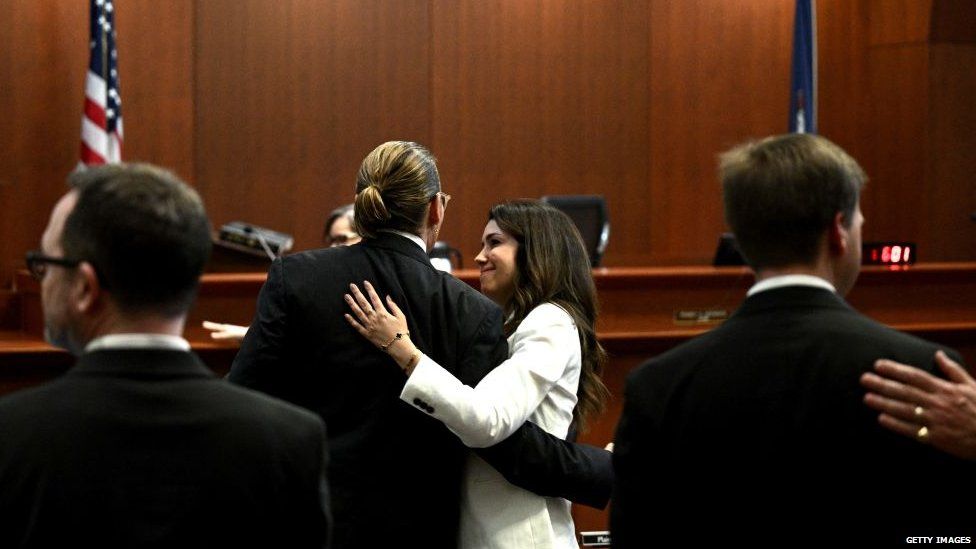Today we will provide information and reviews about What does Obama Law School’s two-year program mean for individuals?
Read the following article to get more information.
As you may have heard, in a recent speech President Obama approved the reduction of law school to two years, with students spending their senior year gaining clerkship experience or interning at a firm. Eliminating the third year of law school would lower the overall cost to students, many of whom now graduate with $100,000 or more in debt. A number of bloggers have weighed in on this. Professor Matt Brodie of PrawfsBlawg cynically claims that law schools aren’t necessarily cutting tuition, so the projected savings may not materialize. At the Society for Legal Ethics, Professor Stephen Gillers argues that unanswered questions such as what to call a 2-year degree rather than whether some roles definitively require a 3-year degree. Scott Greenfield argues that this issue should be considered in the context of the “problem of the legal profession” considering the potential implications for clients.
Not surprisingly, my question is how a two-year law school program affects the individual. For me, individual impacts are, in many cases, synonymous with client impacts, as individual individuals who struggle to make ends meet or engage in risky ventures to make money without ethical principles are a threat to are customers.
Without a doubt, law school debt is a huge obstacle to starting a law firm. Although the costs of starting a company have dropped significantly over the past decade, student debt has soared to the point that new graduates may have to cover $1,500 in loan payments to cover malpractice insurance, legal research, CLE, and other running costs. Pay a company. The practice of law Before the job market went south, graduates eyeing a solo practice could work for a few years, pay off debt, make connections and gain experience on the employer’s dime. For graduates with debt, I still see this approach as an optimal path for solo practice, although I know it is no longer viable for most.
Assuming that cutting a year out of law school can cut costs by a third, a two-year program could help young lawyers looking to go solo. But what about training – are new graduates ready to start a solo practice with two years of law school and a year of experience?
It depends – to a large extent on who is providing the training. One of the advantages of third-year law schools is quality control. Students participating in law school-sponsored legal clinics receive top-notch instruction from top-notch practitioners. Students participating in law school-sponsored trial or trial court advocacy programs have access to supervising professors as well as featured materials from companies such as NITA and others. When clinical training is “crowd-sourced”, for example by delegating responsibility to companies and judges and government departments to help students gain practical experience, there is great variation in the training received by students and quality may suffer. . At a minimum, employers and companies that hire students as part of third-year courses must be screened by law schools and meet certain standards. But this type of monitoring costs money and can save money.
Even if a training program doesn’t necessarily produce practice-ready solos, doesn’t it help existing solos by providing a low-cost source of work? In theory yes, but not so much in practice. Just as there is no such thing as a free lunch, there is no such thing as free labor. To use a law student, a sole proprietorship still needs office space and equipment for the student and, more importantly, must devote time to training the student and supervising and revising the work product. My guess is that even many solos reject free law student work and don’t think it’s worth the trouble. Others may prefer to use students not for substantive work but for clerical or IT work that isn’t exactly the hands-on experience the student bargained for.
On the other hand, my guess is that companies like Legal Zoom and Rocket Lawyer are taking advantage of the low-cost student job opportunity. Rookies can be deployed to conduct legal research for new products or members of the LZ or RL network. They may potentially handle phone calls and human hotlines—and these companies can easily absorb the incidental costs of free or low-cost labor. And novices experience very simple legal issues, which is not a bad thing.
Overall, a two-year program has both pros and cons for lawyers looking to start practicing with the devil in the details. But ultimately, any solution to the crisis of law school debt and legal education needs to consider its impact on the future sustainability of independent solo practitioners because without solos, our justice system as we know it will not survive. However, even when important decisions are being made about the future of legal education, individualists continue to be sidelined. While law schools have all kinds of centers and think tanks on the future of big law, solos are relegated to low-scoring incubator programs. That’s all well and good, but we need real knowledge and thinking about the future of singles and minis as our profession moves into the future—and to do that, singles need to be part of the conversation, including conversations about two doors. against three Law school years
what is your opinion? Are two years of study in the field of law and work experience enough to prepare for private practice? If the cost was low or even free, would you hire a newbie in two years? Post your answers in the comments section below.


